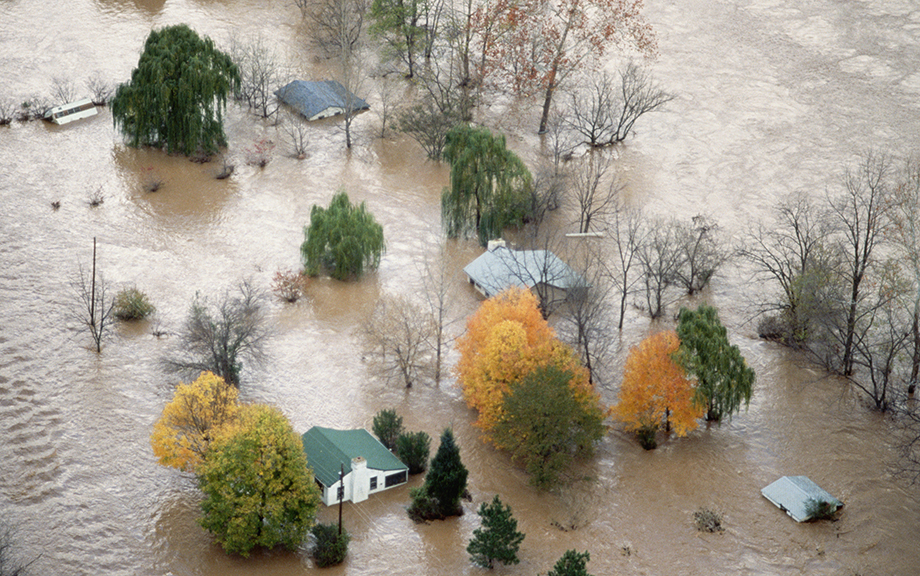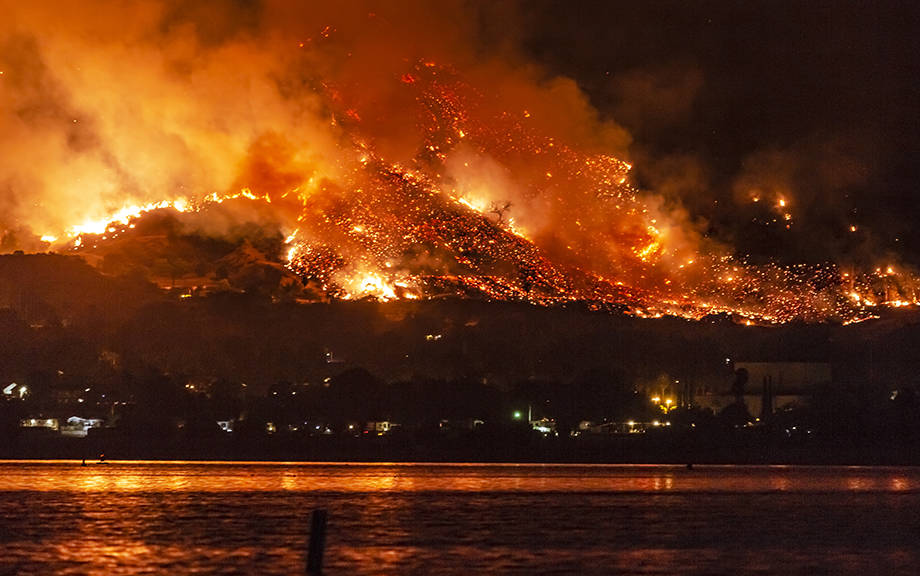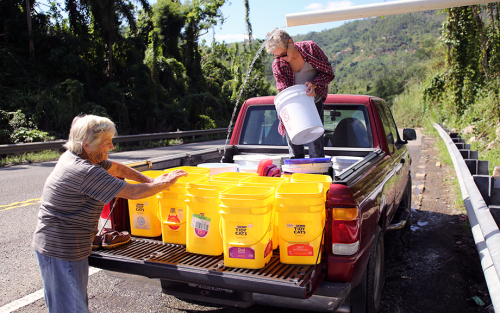The Adverse Effect of “Mandatory” Flood Insurance on Access to Credit

The National Flood Insurance Program (NFIP) was designed to reduce household and lender flood-risk exposure and “encourage lending.” In this post, which is based on our related study, we show that in certain situations the program actually limits access to credit, particularly for low-income borrowers—an unintended consequence of this well-intentioned program.
Climate Change and Financial Stability: The Weather Channel

Climate change could affect banks and the financial systems they anchor through various channels: increasingly extreme weather is one (Financial Stability Board, Basel Committee on Bank Supervision). In our recent staff report, we size up this channel by studying how U.S. banks, large and small, fared against disasters past. We find even the most destructive disasters had insignificant or small effects on bank stability and small and positive effects on bank income. We conjecture that recovery lending after disasters helps stabilize larger banks while smaller, local banks’ knowledge of “unmarked” (flood) hazards may help them navigate disaster risk. Federal disaster aid seems not to act as a bank stabilizer.
Puerto Rico Post‑Maria: Twelve Months of Hardship

Puerto Rico recently observed the one-year anniversary of Hurricane Maria—the most destructive storm to hit the Commonwealth since the San Felipe Segundo hurricane in 1928. Maria, combined with Hurricane Irma, which had glanced the island about two weeks prior, is estimated to have caused nearly 3,000 deaths and tens of billions of dollars of physical damage Millions went without power for weeks, in most cases months. Basic services—water, sewage, telecommunications, medical care, schools—suffered massive disruptions. While it is difficult to assign a cost to all the suffering endured by Puerto Rico’s population, we can now at least get a better read on the economic effect of the storms. In this blog post, we look at a few key economic indicators to gauge the negative effects of the storms and the extent of the subsequent rebound—not only for the Commonwealth as a whole, but for its various geographic areas and industry sectors. We also examine data from the New York Fed Consumer Credit Panel to assess how well households held up financially and what effects the home mortgage foreclosure and payment moratoria had.
The Impact of Superstorm Sandy on New York City School Closures and Attendance
On October 29, superstorm Sandy hit the tri-state area, flooding streets, highways, tunnels, buildings, and homes, and crippling the region’s public transit system.











 RSS Feed
RSS Feed Follow Liberty Street Economics
Follow Liberty Street Economics